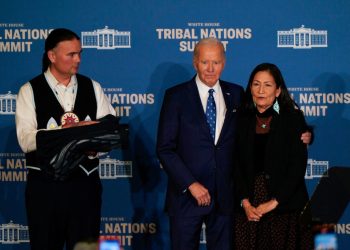
Ever since public schools reopened for older students in Tulsa, Oklahoma last month, Shannon Luper’s granddaughter has been eager to get out of the house.
The local rollerskating rink, a Friday night spot for middle schoolers, shut down during the pandemic. But Maria Dan, 14, adopted other pursuits, like tending to the school garden on weekends and delivering groceries for a local mobile food initiative.
“Anything they can do in the community that has them seeing people and being with their friends tends to motivate them,” Luper said.
Tulsa Public Schools and other districts are embracing that idea this summer with enhanced plans for programs in June, July and August that mix academics with play and in-person socialization — something millions of students have missed this year.
Limited in-person instruction has led to higher absences, more disruptions and widespread signs of reduced learning, especially for the most disadvantaged students. But with new federal money to support reopening buildings and extended learning, districts and cities are hustling to spur academic, social and emotional recovery this summer.
New plans include free full day camps at schools, academic lessons shared across states, elaborate experiential projects, and internships for older students. In Washington, D.C., teens who need additional credits can even get paid to take summer classes. The city’s summer youth jobs program will allow some students to work part of the day and…



























































